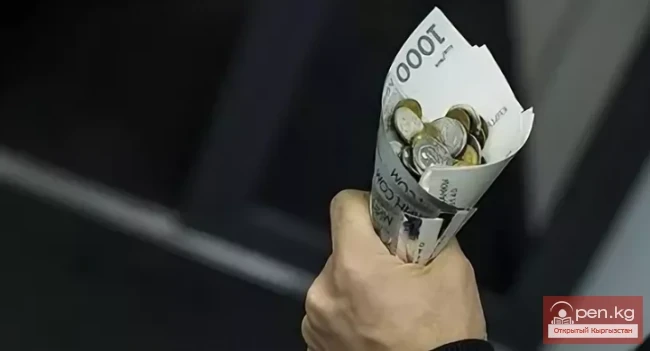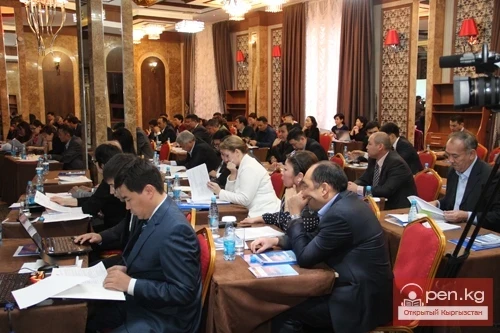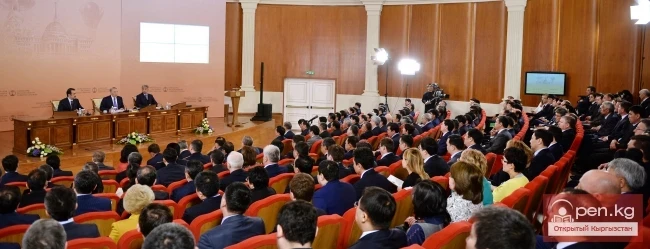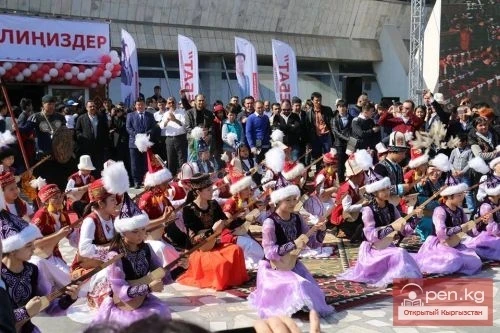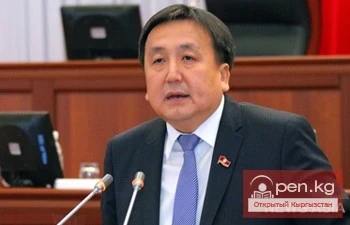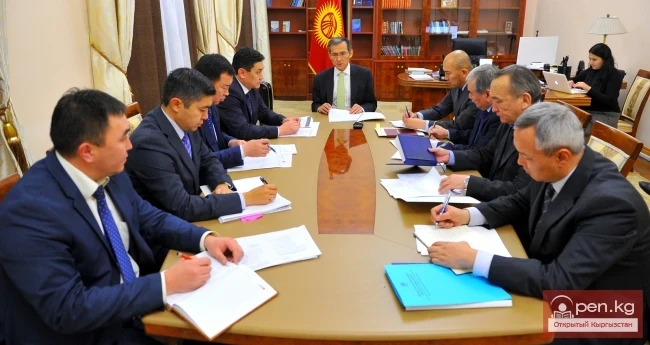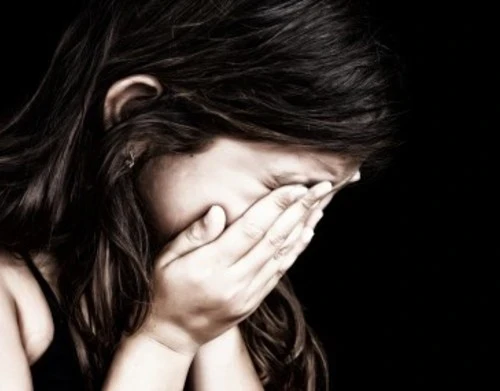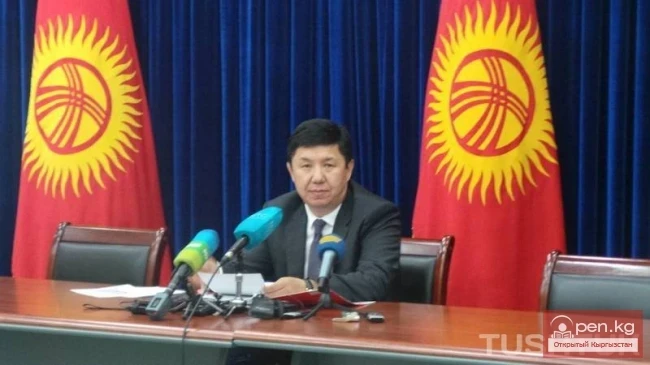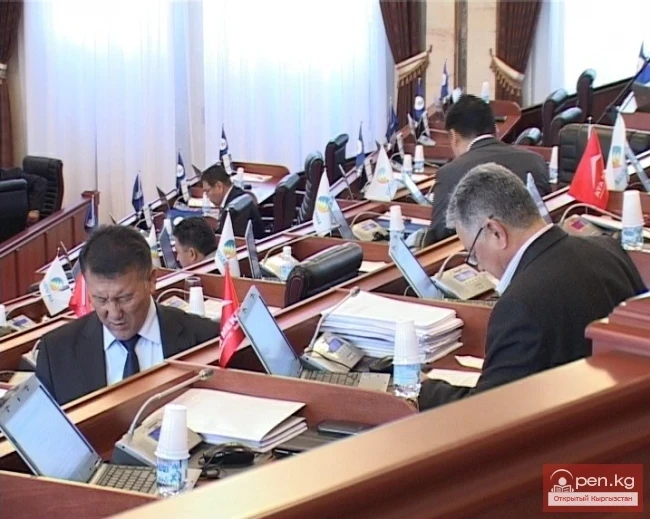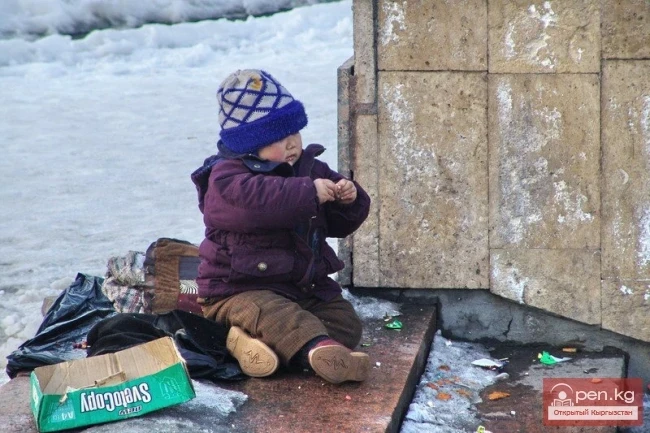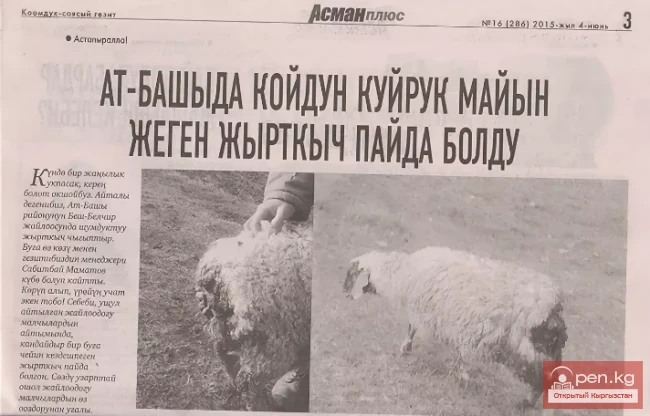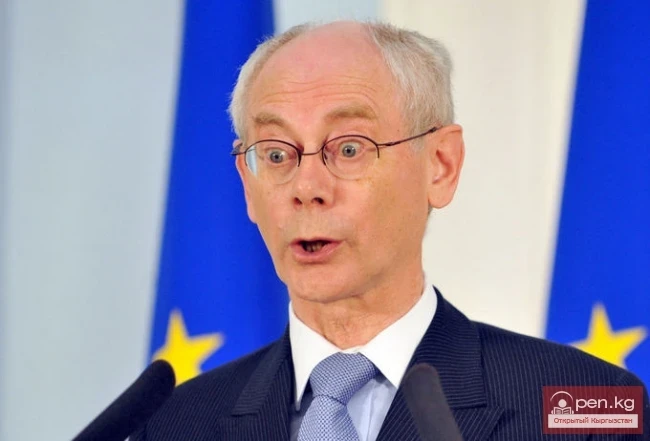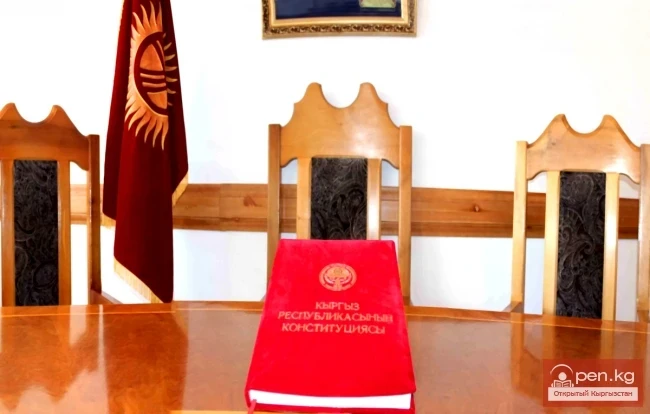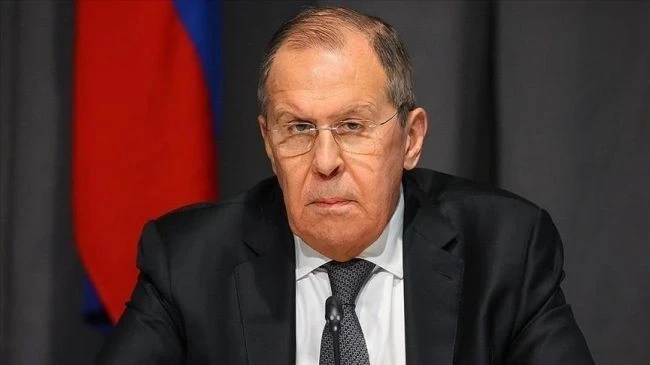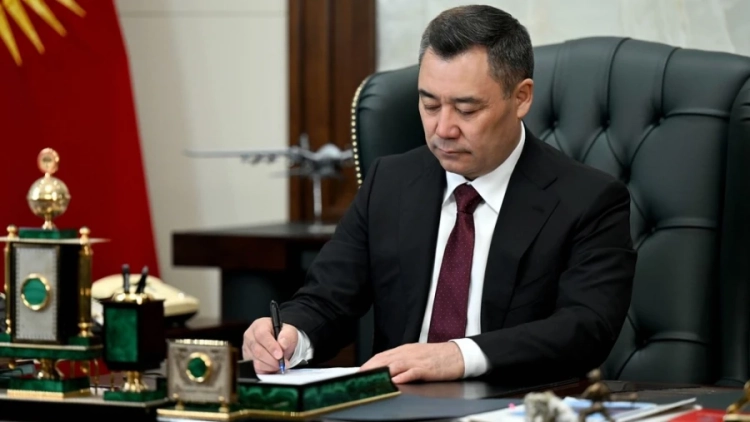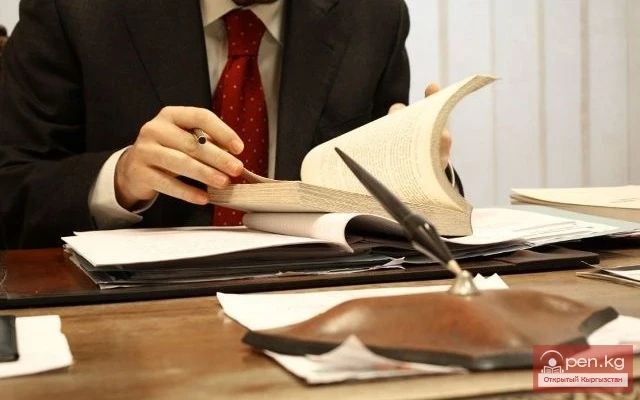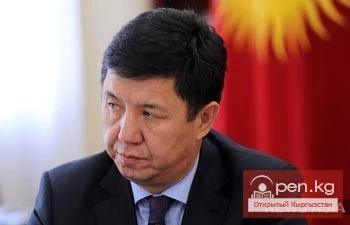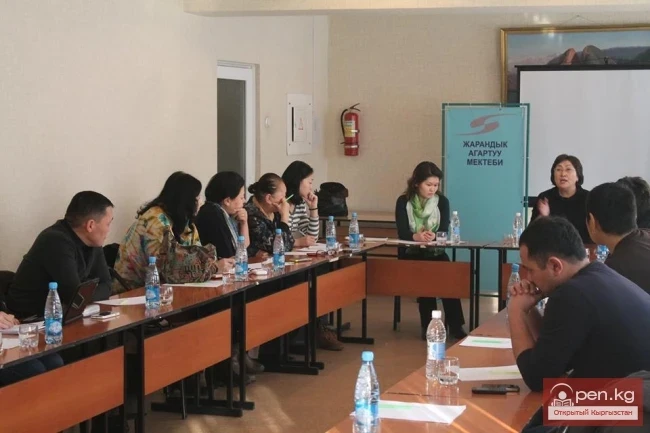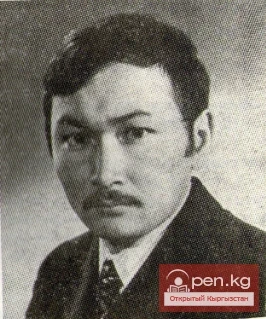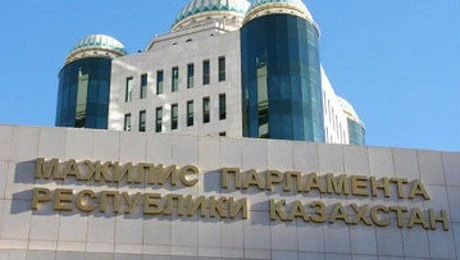
Deputies expressed concerns about violence and profanity in Kazakhstani series and media. The issues involved the work of the Ministry of Internal Affairs, the Ministry of Culture, and the Ministry of Education, reports Orda.kz.
Murad Abenov noted that despite taking into account the proposals of parliamentarians, questionable materials still appear on screens:
Interior Minister Yerzhan Sadenov agreed that such cases are unacceptable and confirmed that mechanisms for controlling such content will be introduced under the new law.
“Under the new law, we will monitor and block such materials. The Ministry of Culture will send us films and series for examination to determine whether the propaganda is right or wrong. This work is ongoing, but some films still get through. Therefore, even after the law is passed, it will require refinement and increased control,” he stated.
Deputy Minister of Information Kanat Iskakov added that the department will support legitimate initiatives:
Deputy Kudaibergen Beksultanov also expressed criticism, reminding about the importance of the moral character of Kazakh society, as mentioned by the president:
“Preventive measures need to be taken. Look at what films our youth are watching: ‘Sake,’ ‘Pake,’ ‘Prosecutor,’ ‘Qara-qara,’ ‘School No. 105.’ In these series, every word is filled with profanity. Is this normal? This is a disaster. Where are we heading? The president clearly stated: we need to work with society — both with adults and with youth. But when swearing becomes the norm in films, it’s terrible. Why is this allowed? I ask you to respond: what do we need to do, what measures should be taken?” he exclaimed.
Kanat Iskakov noted that the new bill includes appropriate measures:
A representative of the Ministry of Education added that a program called “Adal Azamat” is being implemented in schools, aimed at instilling moral values in students to prevent negative influences on the younger generation.
Some deputies opposed stricter control over films and series. Akyn deputy Rinat Zayit stated that excessive censorship could harm national creativity:
Deputy Minister of Culture and Information Kanat Iskakov clarified that this is not about censorship that contradicts the Constitution. Creative freedom is supported as long as it does not violate the law:
According to Iskakov, adjusting content that may contradict state policy is important, but this does not mean banning folklore or folk songs.

